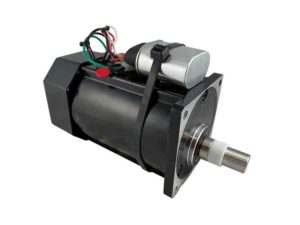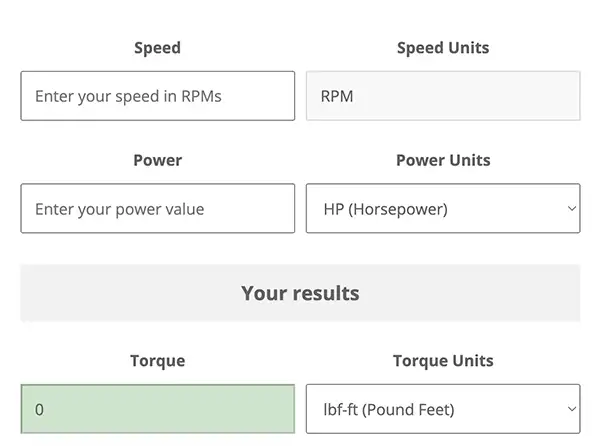Capacitor Start/Run Induction Motors vs. Resistive Start Induction Motors
Capacitor start / Capacitor run motors are a type of split phase (two phase) induction motor designed to operate from single phase ac power. Unlike Resistive Start / induction motors, they do not have a start winding that is switched out of the circuit once the motor is running. Instead, they have two windings with a capacitor in series with one of the windings.
Characteristics of this motor type are good starting torque, good running torque and higher efficiency than resistive start types. They operate at close to unity power factor and do not have a centrifugal switch on the motor shaft that can fail.
A Resistance Start induction motor has a single run winding and an additional smaller gauge start winding. The difference in the inductance to resistance ratio between the two windings creates the phase shift between the two windings that is necessary to start the motor. Typically, there is a centrifugal switch mounted internally on the shaft that switches off the start winding once the motor is up to about 75% of normal operating speed.
Many lower cost fractional horsepower ac induction motors are of this type. They can have good running torque, but starting torque is low and efficiency is lower than other types of induction motors. They operate at a lagging power factor which contributes to higher electricity cost than the Capacitor Start / Capacitor Run type induction motor.

Induction motor with external capacitor

Capacitor Start/Run Motor Configuration

Resistance Start Motor Configuration
 Request a Quote
Request a Quote
